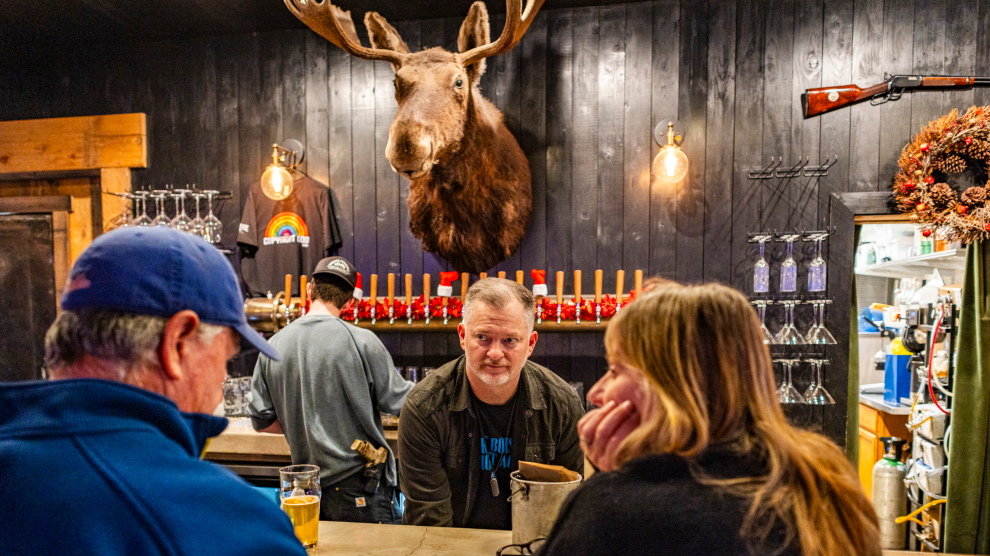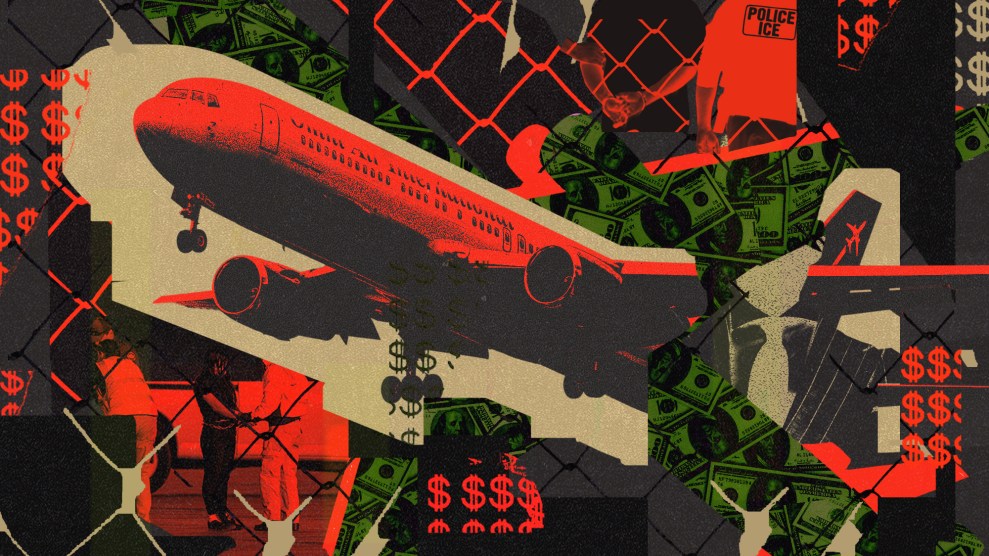 Yet another study deepening our understanding of just why converting native ecosystems to biofuel farms is increasing not mitigating climate change. This according to a study by the University of Minnesota and the Nature Conservancy published online today in Science, finding that turning rainforests, peatlands, savannas, or grasslands into biofuel-yielding croplands emits large amounts of carbon that add to the atmosphere’s already heavy burden of greenhouse gases.
Yet another study deepening our understanding of just why converting native ecosystems to biofuel farms is increasing not mitigating climate change. This according to a study by the University of Minnesota and the Nature Conservancy published online today in Science, finding that turning rainforests, peatlands, savannas, or grasslands into biofuel-yielding croplands emits large amounts of carbon that add to the atmosphere’s already heavy burden of greenhouse gases.
In Brazil, Southeast Asia, and the US, land is being planted with corn or sugarcane to produce ethanol, or with palm trees or soybeans to produce biodiesel. The land conversions pump out 17 to 423 times more carbon than the annual savings from replacing fossil fuels with the biofuels. This carbon debt must pay off before they biofuels begin to have the effect of cutting greenhouse gas emissions. In the worst scenario, peatland conversions to palm oil plantations in Indonesia ran up a carbon debt requiring 423 years to pay off. In the Amazon, soybeans will take 319 years. The conversion of U.S. grasslands for corn ethanol and Indonesian rainforests for palm biodiesel also ran up big carbon debts.
There is a solution. The researchers suggest that biofuels made from waste biomass or from biomass grown on abandoned agricultural lands planted with perennials incur little or no carbon debt and offer immediate and sustained greenhouse gas advantages. In the US, Conservation Reserve Program lands, idle lands, and others once in agriculture can be used to grow biofuels and provide energy sources much better than fossil fuels.
Julia Whitty is Mother Jones’ environmental correspondent and 2008 winner of the John Burroughs Medal Award. You can read from her new book, The Fragile Edge, and other writings, here.
















